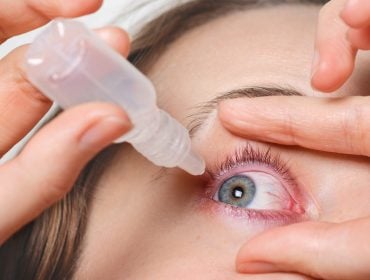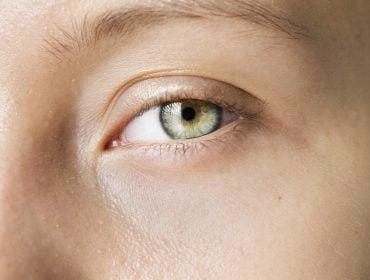Depression and the Impact of Herpes
If you’ve just learned that you have herpes, feelings of confusion or worry may arise. You’re not alone; this common condition touches many lives. Herpes, usually a virus causing mild physical symptoms like sores, doesn’t threaten your life but can affect it deeply over time.
After the initial flare-up, which is often the toughest part to handle physically and emotionally, there’s much more to consider — especially your mental well-being. Discovering signs of depression linked with an STD diagnosis is vital for coping effectively and maintaining quality of life as best as possible.
Understanding Herpes-Depression Link
You may feel down if you have herpes, more so than someone without it. This isn’t uncommon; research shows people with HSV-2 often need antidepressants. It’s not just genital herpes either – even oral herpes (HSV-1) links to feeling blue.
Live on edge or lack help dealing with the stress of an STD like herpes? See, these factors can make depression worse, adding to daily struggles, and could lead to more outbreaks from the extra tension in life. That cycle is tough but talking helps break it.
It’s smart then to chat with doctors when coping seems too hard, they get it and can guide you through both your mental health journey and living well with an STD like herpes.
STD Stigma and Mental Health
When you learn that herpes is now part of your life, the weight on your mind can be as heavy as any physical pain. Other people might not see it, but there’s a battle inside; stigma whispers worry and shame into each day. A study showed individuals with genital warts or herpes often feel more down, what doctors call cognitive affective depression, than those dealing with syphilis do.
Worse still is how alone one might feel: stress from being up against an unseen foe like this virus wraps around thoughts tighter than conditions causing plain soreness or itching. People smile less when they’re living under such shadows, it steals joy right out of their lives.
Herpes Diagnosis Psychological Toll
When you learn you have genital herpes, it’s more than a physical issue. Women especially feel this deeply – new findings show they suffer greater mental effects than men with the same condition. Facing your first outbreak?
The emotional toll is real and higher compared to other patients at STD clinics. It’s not just about life stress triggering symptoms; frequent outbreaks can weigh on your mind over time. Some think personality before getting ill plays a role in how often one might see signs reappear, yet constant recurrences could also change who we’re inside.
Thankfully, certain treatments like aciclovir help ease these psychological struggles while coping strategies and support play big roles in managing well-being long-term.
Managing Depression with Herpes
When you face both herpes and depression, know that they’re linked. Research led by Bhupesh Prusty at the Microbiology Department shows a virus may inflame your brain, shaping mood troubles. Scientists found HHV-6 active in certain brain cells of those with depression or bipolar disorder.
This could mean viruses once asleep in your body wake up to harm nerves, throwing off how you feel and think. It suggests latent infections we overlook do lead to illness, like Alzheimer’s from another strain of this same virus group, as these bugs disturb our brains’ own cells. They seek steps on how it happens next.
Living with herpes often carries not just physical discomfort but emotional struggles too. Many people face feelings of shame, isolation, or depression after a diagnosis. Remember that you’re not alone and support is available to help you cope.
A positive step can be seeking counseling or joining support groups where shared experiences offer comfort. Taking care of your mental health is as vital as managing the condition itself, both are parts of leading a fulfilling life even when dealing with an STD like herpes.
Medically Reviewed by Kaci Durbin, MD, MBA, FACOG on May 3, 2024
Secure and Confidential
STD testing services
The fastest results possbile - available in 1 to 2 days

Tagged
Categorized As
Author: STD Check Editorial Team
At STDCheck.com, we go to great lengths to ensure quality content. We’re using our own collection of data. It is not bought or made up for “click-bait” purposes. We don’t entice traffic with cheesy graphics or raunchy headlines. Our information is to promote STD testing, educate people, let go of social stigmas, and bring awareness. We also provide a completely confidential atmosphere through private testing. When we produce an article, it is fact-based. We check it with medical advisors that approve it. Our staff consists of doctors and other medical professionals who peer review the content we make available on STDCheck.com. From all over the world, we have sourced the best and the brightest content developers, including medical professionals, marketing engineers, data scientists, content specialists, and media relations.




